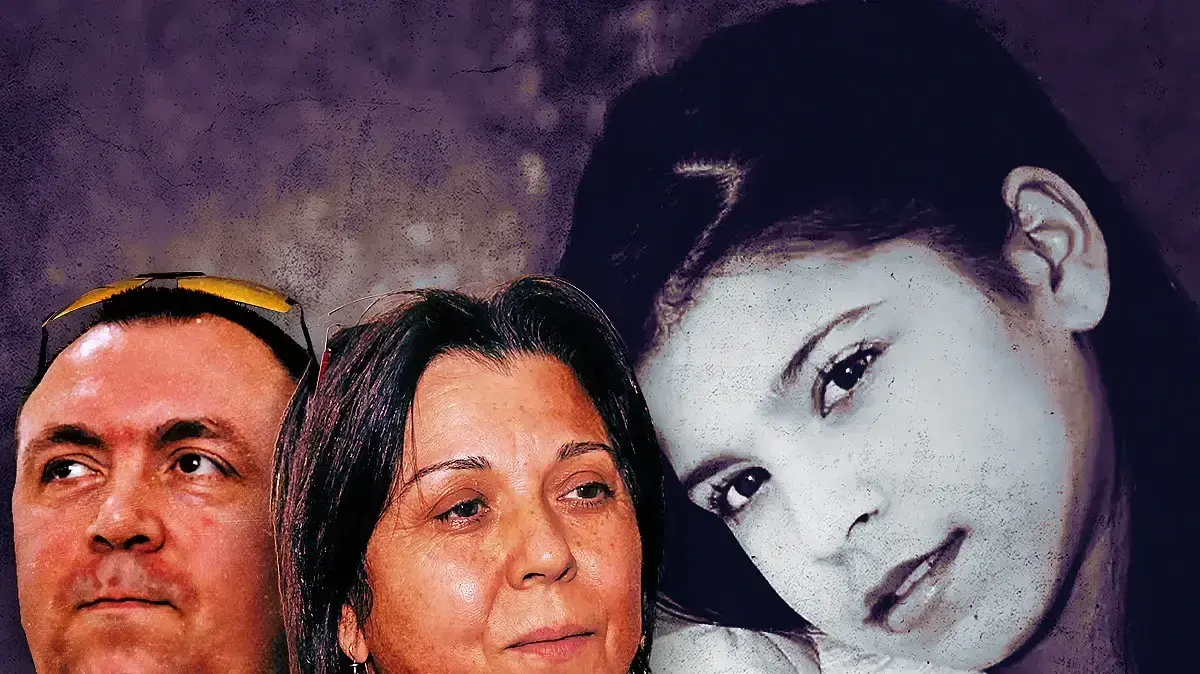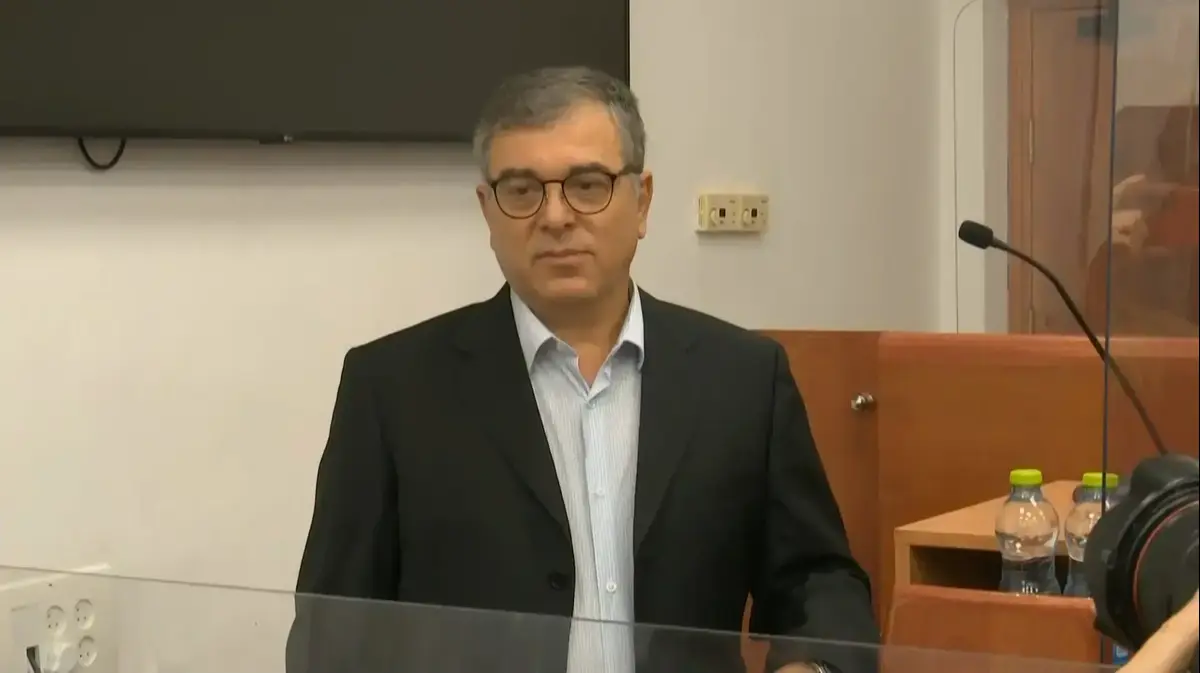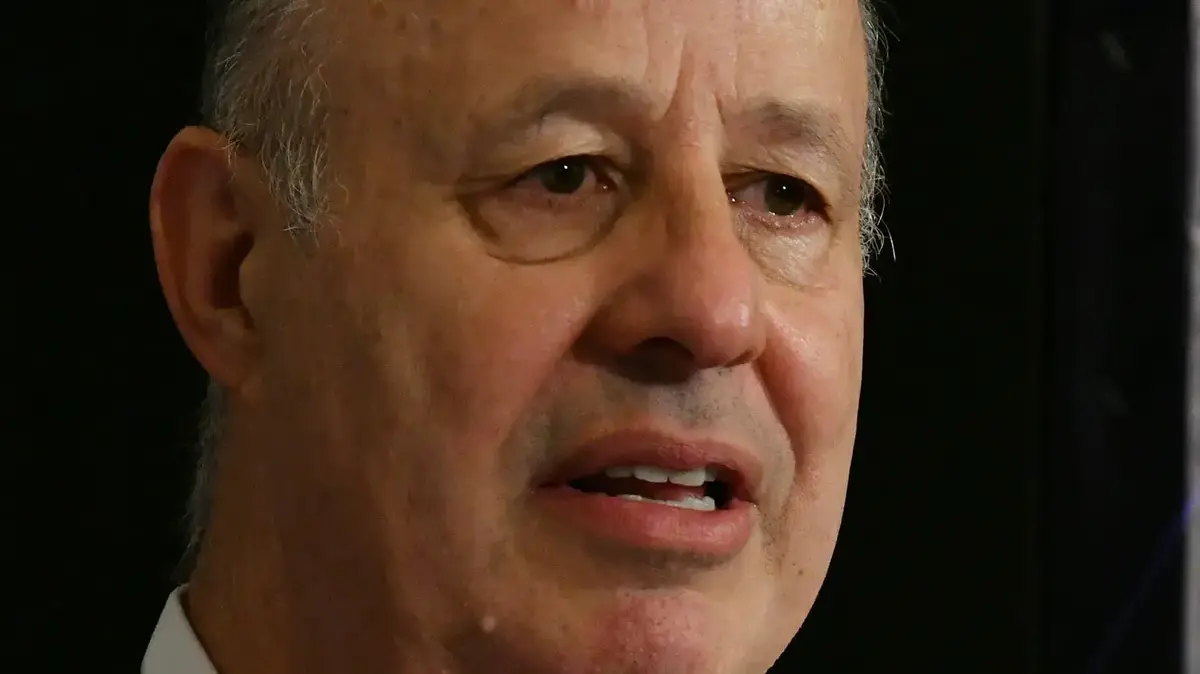The words of the judges in their next decision may decide the fate of the 4000 case: all possible scenarios
The next few days will be nerve-wracking for the prosecution, waiting to see if the judges will accept their request to amend the indictment or reject it.
If rejected, the big question is on what grounds.
If these include some of the judges' statements in yesterday's hearing, it is possible to say goodbye to the chance that Netanyahu will be convicted in the 4000 case.
Welcome read
26/05/2022
Thursday, 26 May 2022, 10:59 Updated: 15:24
Share on Facebook
Share on WhatsApp
Share on Twitter
Share on Email
Share on general
Comments
Comments
In the video: Pilber's cross-examination continues after the prosecutor's office requested that the indictment be amended (Walla!)
It would not be an exaggeration to estimate that the next few days will be nerve-wracking days for the State Attorney's Office.
Not because of the question of whether the court will agree to her request to amend the indictment against Benjamin Netanyahu regarding the date of the directive meeting, but because of the tension what reason will be written, or not written, by the judges, if they do decide to reject the request.
If the reasons include some of the things heard yesterday, (assuming they were understood correctly), by some of the judges in the courtroom, it is possible to say goodbye to Shlomo Pilber's testimony regarding the directive meeting and as a result to say goodbye to the prosecution's conviction that Netanyahu accepted bribes From the chance that he will be convicted even of breach of trust in case 4000.
There is a gap between things that are said in the courtroom during the hearing, and things that are actually written in the decision.
Therefore, everything that will be written here is in the nature of raising possible scenarios that will be woven only after the judges' decision regarding the request to amend the indictment is published in the coming days.
More on Walla!
The judges in Netanyahu's cases against the State Attorney's Office: "There is a logical failure here, not every mistake will allow the indictment to be amended."
To the full article
Will it be possible to say goodbye to his testimony once and for all?
Pilber (Photo: Reuven Castro)
And now for an explanation: the anchor of the charges against Netanyahu in the 4000 case is the same instructional meeting that Pilber testified about.
According to his testimony to the police, shortly after he took over as director general of the Ministry of Communications in June 2015, Netanyahu instructed him in a brief conversation in the armchair corner of the Prime Minister's Office to do well with Shaul Alovich
. On June 13, he met with Eli Kamir, Elowitz's representative, and later with Elowitz himself. In Pilber's cross-examination by Netanyahu's attorney, Adv. With text messages and with the prime minister's schedule, because the meeting could not have taken place that week.
The prosecution realized that she was probably wrong when she relied on Pilber's memory, but she is like Pilber even today, insisting that such a meeting did take place.
The prosecution estimates, based on various evidentiary indications, that the meeting took place after Netanyahu announced his intention to appoint Pilber to the post of director general of the Ministry of Communications, but apparently before his actual appointment after a government decision. you are welcome.
The judges made the lawsuit difficult
In its motion, the prosecution relies on section 92 of the Criminal Procedure Act which provides that "the court may, at any time after the commencement of the trial, at the request of a party, amend an indictment, add to it and derogate from it, provided the defendant has a reasonable opportunity to defend."
In its request, the prosecution explains why, in its view, the change in the indictment does not materially harm the defendant's defense.
She cites a number of reasons for this, chief among them the fact that the witness is still on the witness stand, in the midst of a cross-examination.
"The defendants are still open to the possibility of continuing to clarify this matter with Witness Pilber," the petition said, "as well as questioning witnesses and bringing evidence as to the date of the inaugural meeting."
During the hearing, the judges made it very difficult for the plaintiff, Yehudit Tirosh, and said, among other things, that the ruling in the past allowed a change in the indictment only when the evidence base changed, and that in our case there was no change in the evidence.
But it is not these remarks that should bother the prosecution, but those that were directed to the last section of her application:
Section 184 of the Criminal Procedure Act clarifies that even if the indictment is not amended, judges are allowed to establish factual findings, even if these were not alleged in the indictment: "In the indictment, provided that the defendant was given a reasonable opportunity to defend himself."
There is a chance he will not be convicted at all.
Netanyahu (Photo: Flash 90, Yonatan Zindel)
"My lady does not know what findings the court will determine," Judge Haim Bar-Am told prosecutor Yehudit Tirosh, "you can go under section 184. My lady is asking for some kind of insurance policy. At this stage it is problematic."
What is the same insurance policy that Bar-Am intended?
If the court determines that it allows the indictment to be amended, it means that it is already accepting the prosecution's position that Netanyahu was given the right to defend himself against the new facts in the indictment.
Bar-Am says, in one word or another, that he is not ready to give the State Attorney's Office this insurance certificate right now.
He of course reminds the prosecution that under section 184 they will be able to argue at the end of the trial that the directive meeting took place within a different date range, and not in that mentioned in the indictment.
The point is that according to what was said later in the hearing, assuming that it was understood correctly, it is doubtful whether the State Attorney's Office will have any reason to do so.
Judge Oded Shaham, who usually refrains from speaking in court, told Tirosh: "The defense has a line of defense that even before the date of the indictment, there are Pilber actions. Now you want to move back."
In other words, Shaham says: The defense conducted a complete cross-examination based on the assumption that the date of the directive for the State Attorney's Office was after June 7, 2015.
The defense showed, among other things, that Pilber acted for Bezeq before the directive (according to Pilber).
Therefore, ostensibly, in other words, the defendant's defense was impaired.
"We are dealing with a case that can be said with caution that its level of complexity is not one of the lowest," Judge Shaham added, "to make such a move during the hearing is not trivial."
What did Judge Shaham mean?
What did Judge Shaham mean?
His words are a bit enigmatic.
If his remarks mean that the violation of Netanyahu's defense is irreversible and therefore the indictment cannot be amended, then what is the point of raising the new date range of the directive meeting in the summaries of the trial under section 184?
After all, this section also clearly states: "provided that the defendant was given a reasonable opportunity to defend himself."
The reasonable opportunity to defend in any case can only exist now that Pilber is still in the midst of cross-examination by defense attorneys.
This is the opportunity.
There will be no other opportunity to defend.
After all, no one but Pilber can attest to this meeting.
Netanyahu denies its existence, David Sharan (who was initially alleged to have been present in part of it) does not remember it.
Pilber remains, repeating today that the meeting took place.
He's just not sure when anymore.
If the prosecution alleges, whether as part of an indictment amendment or in summaries (under section 184) that the meeting took place at another time, the only time the defense has to defend itself against that claim is now - in Pilber's cross-examination.
If Shaham's intention is that the injury has already been committed and has no remedy, then in any case the court can not deal with any time frame other than that written in the indictment.
And since it is already clear that the meeting was probably not held then, it is in any case impossible to determine that this meeting did take place.
Criticism of the judges' defense.
Prosecutor Yehudit Tirosh (Photo: Flash 90, Yonatan Zindel)
If the court does not determine as a factual finding that the directive meeting took place, it will in any case not be possible to convict Netanyahu of bribery, and in my opinion also not of breach of trust in the 4000 case.
One way or another, the importance of the judges' forthcoming decision is not only in its final line, but also in its reasoning, and also in the question of granting time for defense against the State Attorney's new claim.
And these are the options: A first and optimal option for the prosecution is that the court will allow the indictment to be amended.
In light of what was said yesterday at the hearing, it seems that the chances of this are quite low.
The second end option is for the court to reject the prosecution's request, stating that the defendant's right to defend himself has been violated.
The court will not allow time for defense against the new claim, and will simply move forward.
If that's what happens, it's going to be a kidney row for the 4000 case, as it means the court will always treat the date of the prompting session as between June 7 and 13, a term we know is probably incorrect, so the court will determine a meeting somewhere in the future. The directive was not followed.
If this is indeed the wording of the forthcoming decision, it is doubtful whether there will be any point for the State Attorney's Office to continue to manage the 4000 case, certainly the charge of bribery.
There are, of course, intermediate options: the court will reject the prosecution's request for one reason or another, but without being required to ask whether Netanyahu's defense has been harmed.
In such a situation, the prosecution's hopes that through section 184 it will convince the court that the directive meeting took place on a different date and not within the time limit written in the indictment will not be undermined.
An upgraded option in this spirit for the prosecution would be if the court also added to its determination a period of time during which defense attorneys could prepare for a cross-examination regarding additional potential dates for the prompt meeting.
If so, defense attorneys will never be able to claim that they were not given a chance to defend themselves.
There is no doubt that in recent weeks the defense has amassed points, even if it is still far from a victory in the 4000 case.
On the other hand, this is not an irreversible omission, so logic says that as long as Pilber stands on the witness stand, everything will be done to get to the truth, whatever it may be.
news
Opinions and interpretations
Tags
File 4000
Shlomo Pilber
Benjamin Netanyahu
The Netanyahu trial







/cloudfront-eu-central-1.images.arcpublishing.com/prisa/OADNJHA33STDSSDCLLQNLNFBWQ.jpg)

